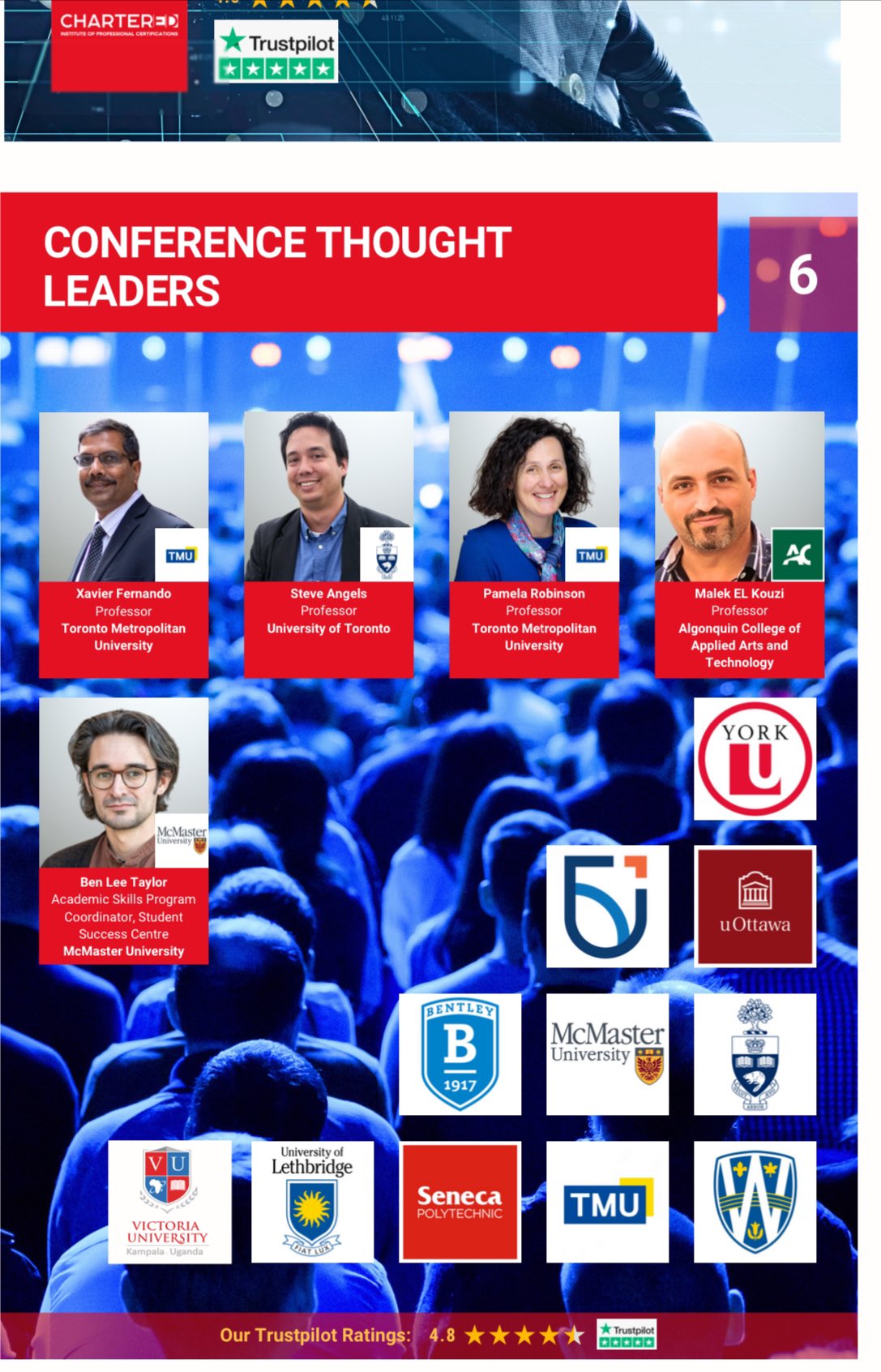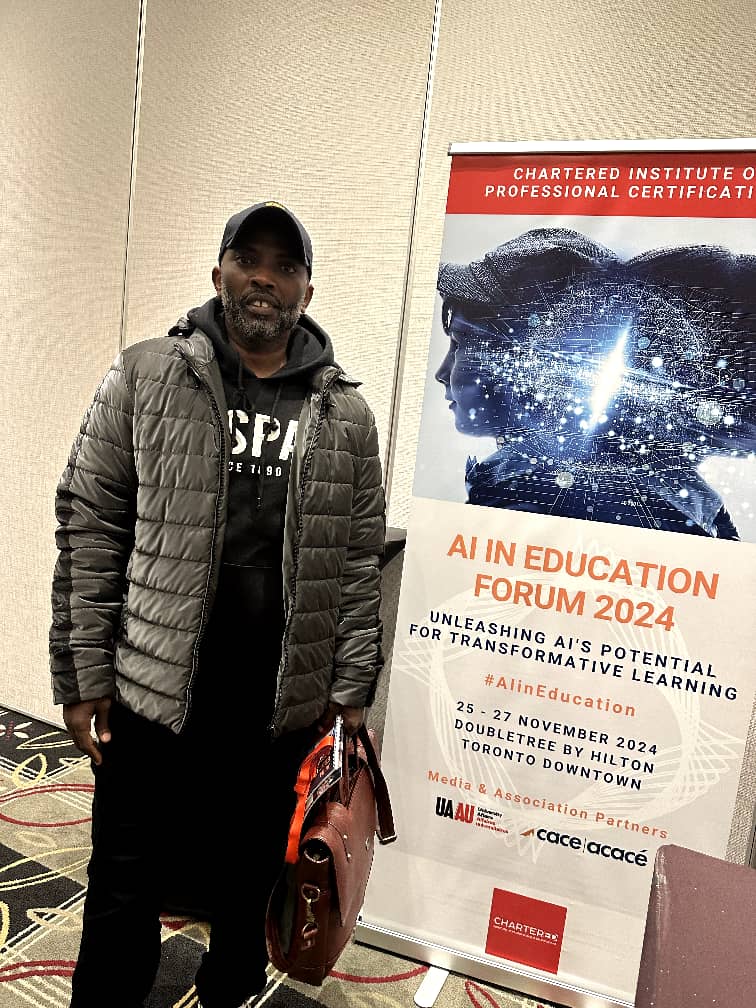By Frank Kamuntu
The Vice-Chancellor, Prof. Lawrence Muganga, along with his team from Victoria University (VU) is currently participating in the AI in Education Forum in Toronto, Canada. This groundbreaking event, which kicked off on November 25, will conclude on November 27, 2024, and VU is the only University invited from Africa.
This conference has attracted only 150 world class institutions, 200 education leaders and 25 global speakers. This is held under the theme; ‘Unleashing AI’s Potential For Transformative Learning’.
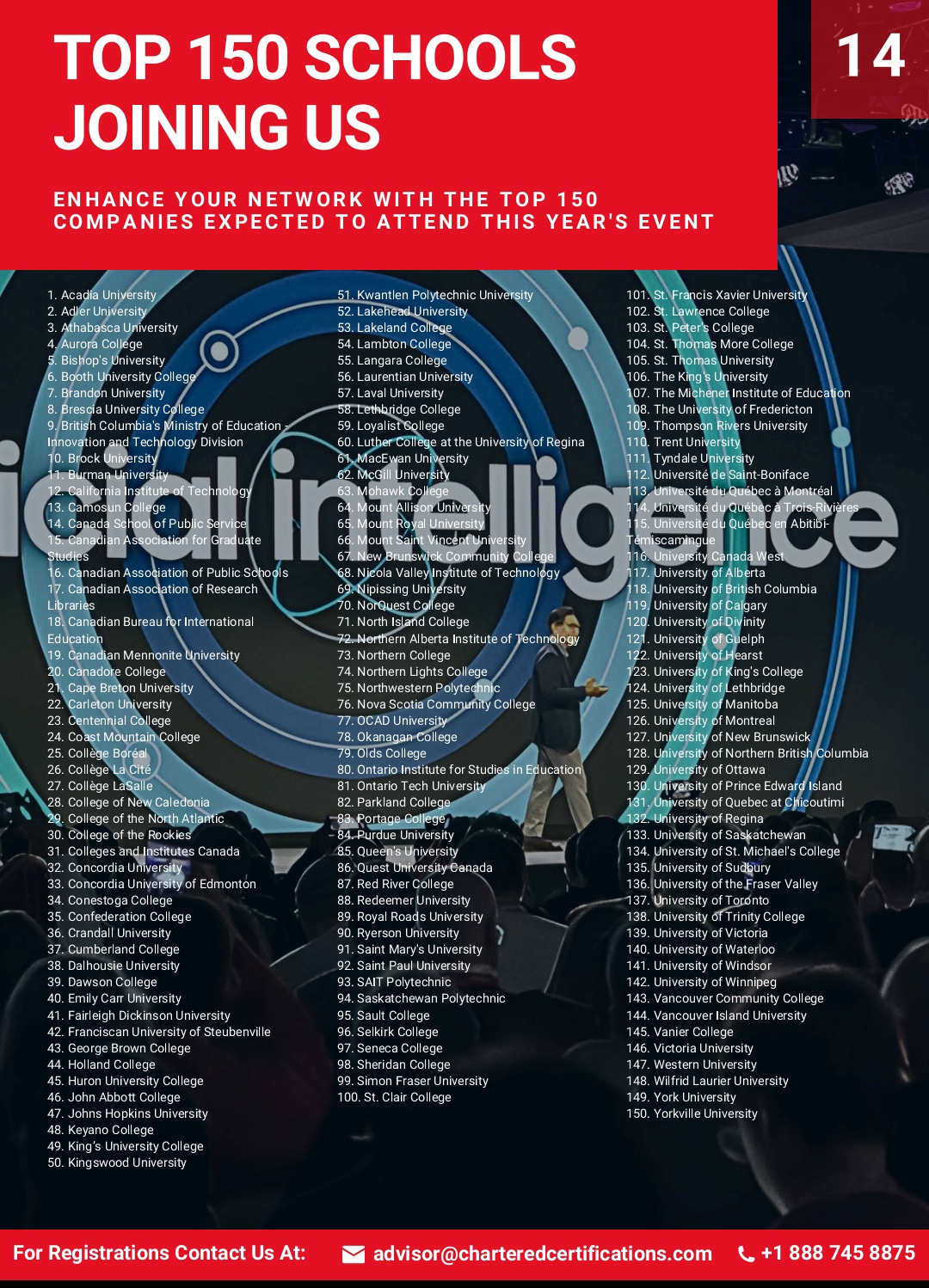
Ranked #146, the Ugandan institution stands proudly among global powerhouses such as Johns Hopkins University, University of Toronto, and Princeton University.
Speaking to this site about the ongoing event, Prof. Muganga remarked, “This is not just a moment of pride but also a call to action. Africa has the potential, and we must invest in technology, education, and innovation to ensure that we are not left behind. The AI revolution is happening now, and it is crucial that we act to secure our place and prepare for tomorrow, today.”
Watch Below 👇 Prof Muganga In Canada For AI In Education Forum
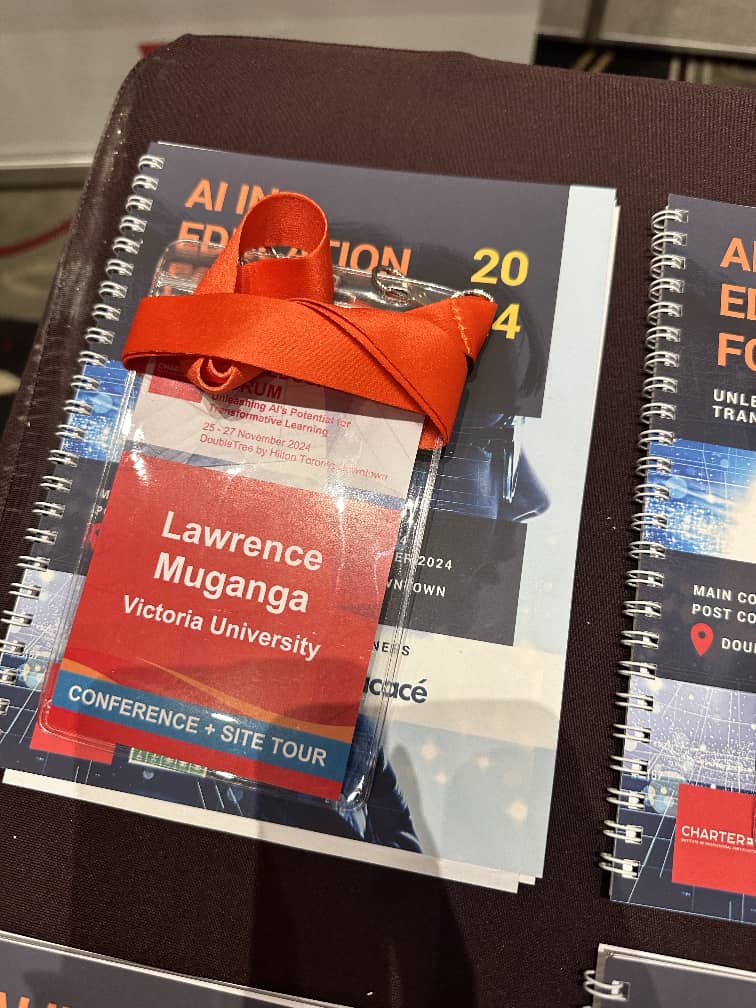
The prestigious forum has brought together world’s leading academic institutions to explore AI’s transformative role in education. Victoria University’s participation is a historic achievement, yet it underscores a pressing question: Where is the rest of Africa on this transformative journey?
“While Victoria University waves the African flag high, we must challenge ourselves to do more,” Prof. Muganga added. “The world is rapidly embracing AI to redefine education, and Africa cannot afford to be a spectator. Let us seize this opportunity to lead and shape the future of education and beyond.”
The forum is not only a platform for celebrating excellence but also a wake-up call for African leaders, governments, and institutions to invest boldly in technological advancements. Prof. Muganga emphasized that Africa’s talent, potential, and resolve position the continent to take on a leadership role in the global AI movement.
“We’re thrilled to represent Uganda, East Africa, and Africa at this groundbreaking forum. As we exchange ideas and showcase solutions, we proudly carry the banner for AI-driven innovation back home,” he said.
Meanwhile, as Victoria University continues to shine on the global stage, the message is clear: the time for Africa to embrace the power of AI and prepare for the future is now.
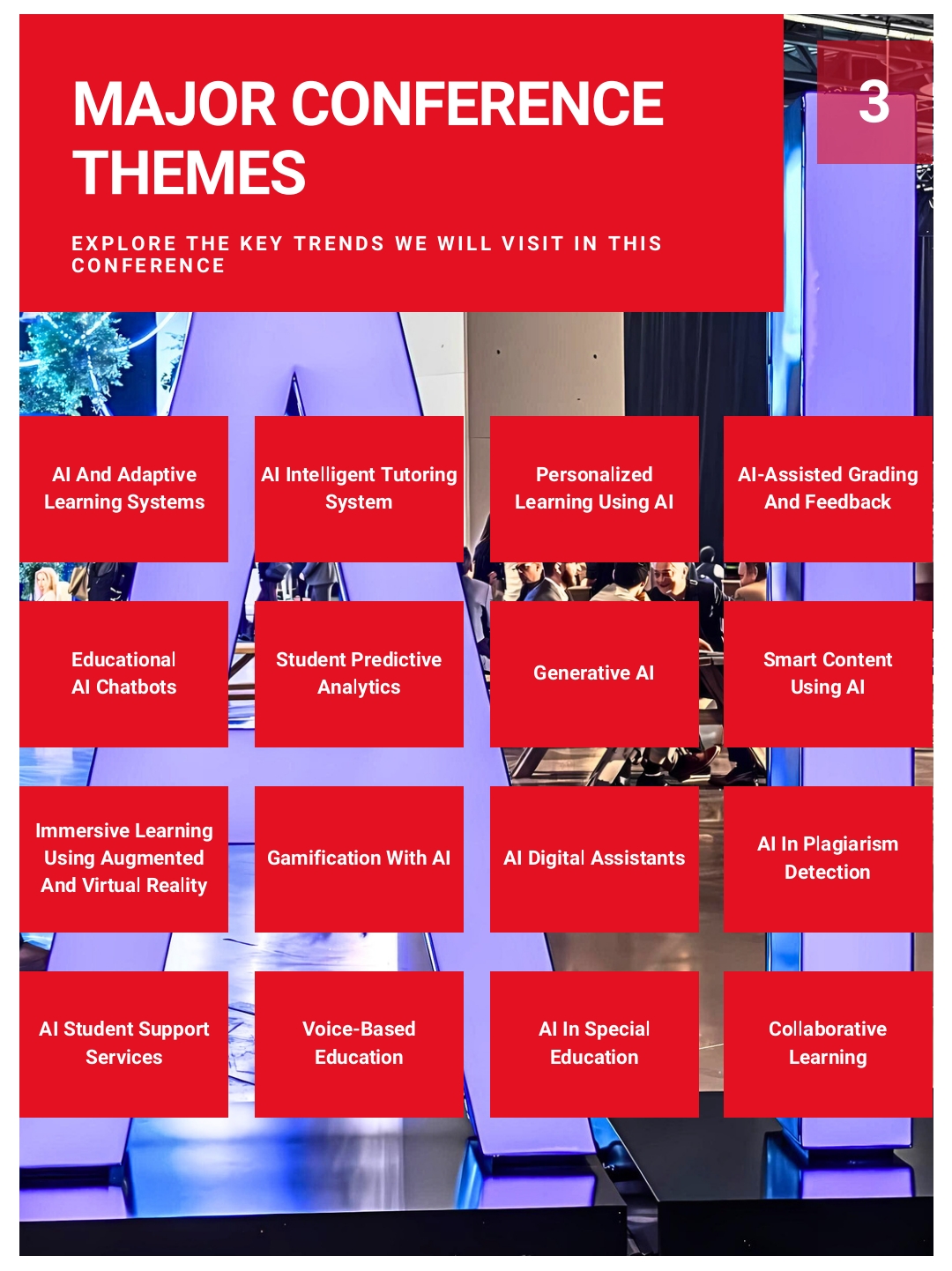
Prominent experts from prestigious institutions such as Toronto Metropolitan University, York University, the University of Ottawa, McMaster University, and the University of Lethbridge are also participating, contributing to rich discussions on the future of AI in education. Notable attendees include Prof. Pamela Robinson, Prof. Xavier Fernando, and Steve Angels, who are interacting with Prof. Muganga on how to advance AI’s transformative potential.
